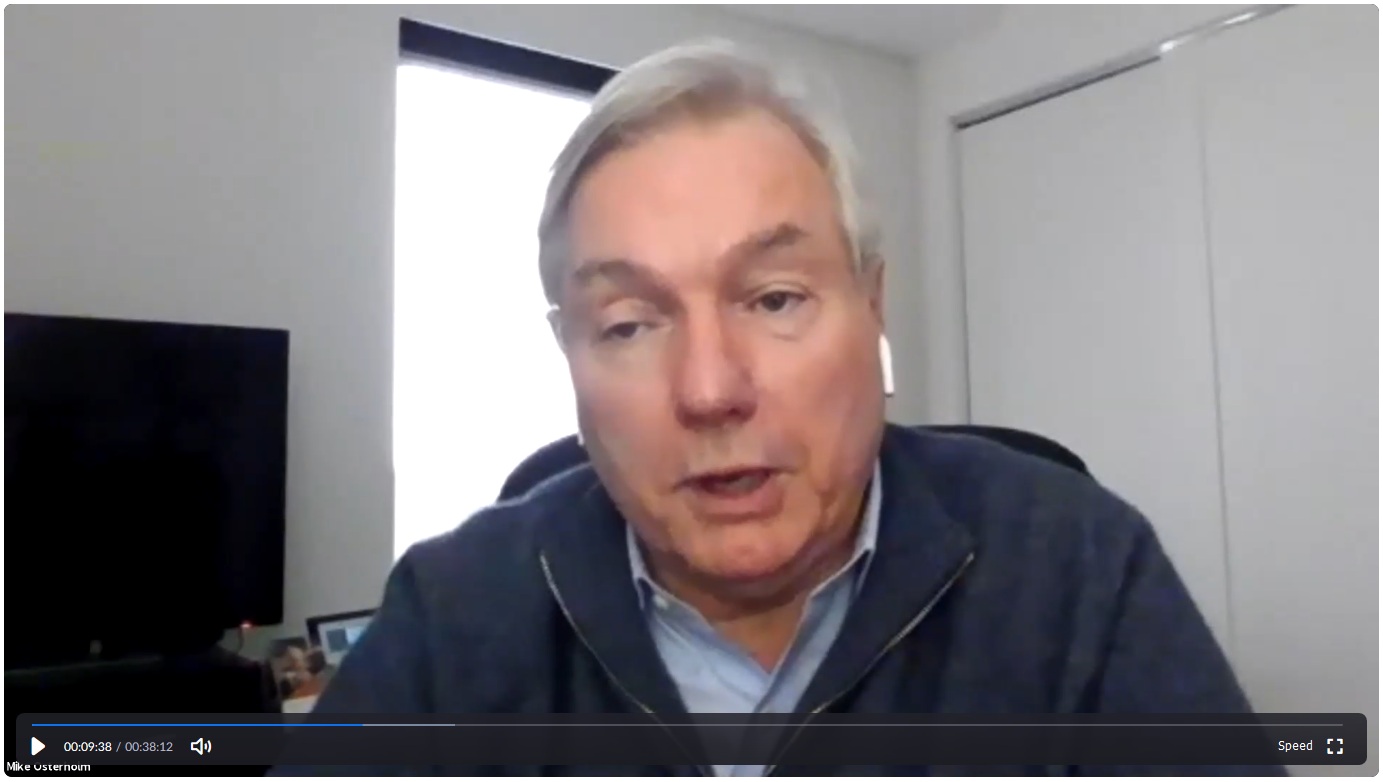Pastor's reflections
Monthly faith reflections from the pastor.
|
|
“But do not ignore this one fact, beloved, that with the Lord one day is like a thousand years, and a thousand years are like one day. The Lord is not slow about his promise, as some think of slowness, but is patient with you, not wanting any to perish, but all to come to repentance.” “We are on virus time, not human time,” said Dr. Michael Osterholm, epidemiologist and Lutheran. It has certainly been a time to face what is always true: we are not in control. Our actions matter: we can have—we already have had—an influence on the trajectory of the pandemic, on how many and who dies. And, for at least the next year, coronavirus will set the timetable. For the sake of the least of these, we get to practice patience and a lot of letting go and letting God. Control is always an illusion. We don’t so much surrender control as surrender to reality. We are, never were, and never will be in control. We accept this truth and more with a hearty and wholehearted “Jesus is Lord!” The more we want control, the ruder reality seems. So when your gut reaction is to take offense: check yourself. Do 10 “Jesus is Lord”s and one Serenity Prayer and reassess the situation. You may discover your own anxiety, grief, and pain. Don’t run from them. Let them teach you. Let Christ minister to you. My father-in-law’s “rude” reply was wisdom perhaps only a grandfather could offer. It’s second half of life wisdom. Saint Paul called the preoccupations of the first half of his life “reason to be confident in the flesh,” but we could call it “reason to delude himself into thinking he’s in control.” Paul continued, “Yet whatever gains I had, these I have come to regard as loss because of Christ. More than that, I regard everything as loss because of the surpassing value of knowing Christ Jesus my Lord. For his sake I have suffered the loss of all things, and I regard them as rubbish” Love liberates, including from illusion. But understanding what Paul said may not come until great love and great suffering turn us around the bend toward life’s second half. Right now, I’m in a real wrestling match with the illusion of control. Which, my father-in-law would say, is a good sign. I care very much how others feel about me. Illusion would have me believe I can make everyone always feel great about me. Specifically, now, illusion tells me, “If you create a perfect ‘Return to Church’ plan, St. Paul people will feel great about you.” But reality is:
Richard Rohr calls this pandemic a great initiation. Initiation into what? Reality and five “essential messages:”
Accepting reality involves admitting how fiercely we resist it. Each of us have our own favorite ways to cling to illusion. Perfectionism, playing the blame game, varnishing the truth, and never slowing down are a few I know well. But why focus on the negative? Why look into the muck of ourselves? Because right there, at the cross, is the gateway to the deepest, truest, most loving reality: Christ. “I want to know Christ and the power of his resurrection and the sharing of his sufferings by becoming like him in his death, if somehow I may attain the resurrection from the dead.” Paul learned the hard way—just like the rest of us do—that no one, not even Christ, experiences the power of the resurrection without suffering. So first the “rude” “negative” messages, then the five “consoling promises”.
When I was ordained, the then-bishop of the New Jersey Synod gave me, Sara, Gomes, and Giselle the same charge: “So discipline yourselves in life and teaching that you preserve the truth, giving no occasion for false security or illusory hope.” There it is again: reality. It’s worth living in reality, because in reality, Christ lives also.
Thanks be to God. Pastor Clark Olson-Smith Comments are closed.
|
|
715 South Third Street, Clinton, IA 52732
at the foot of the south bridge
|


